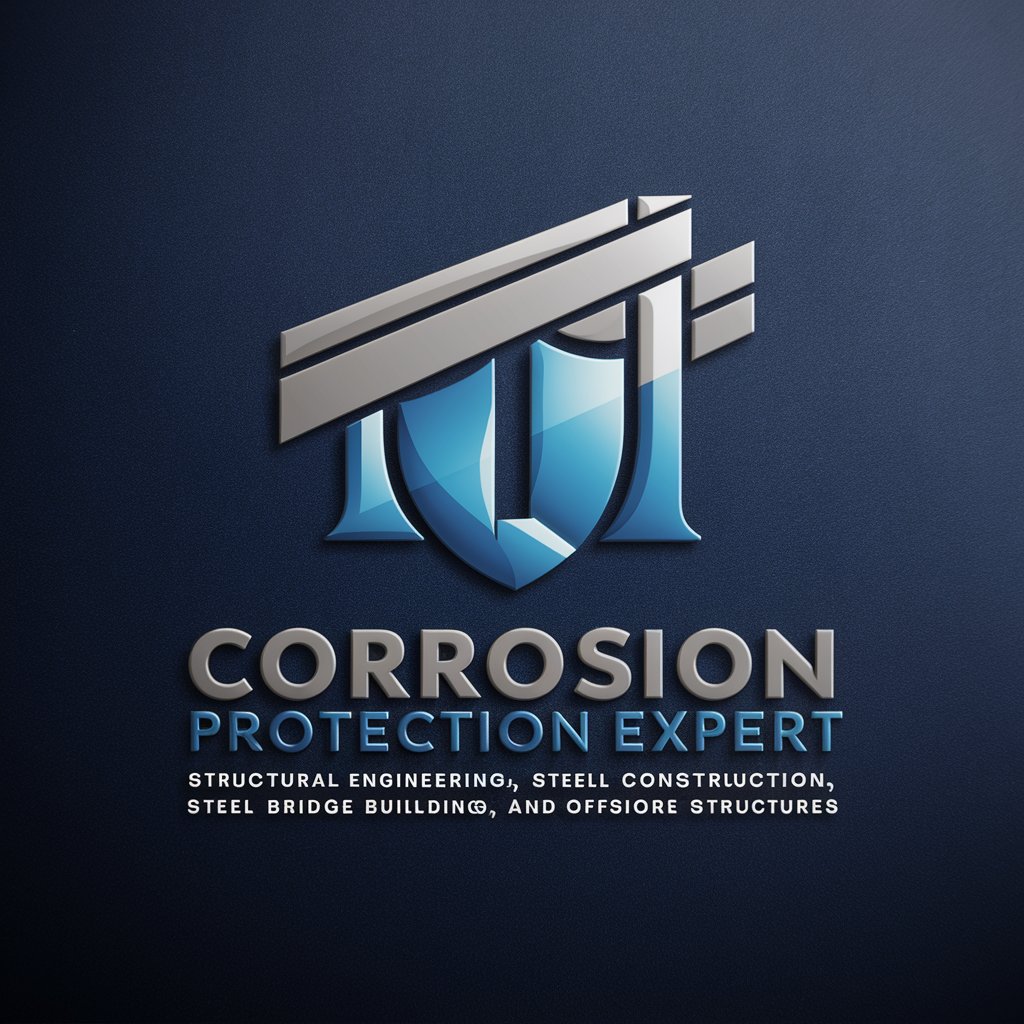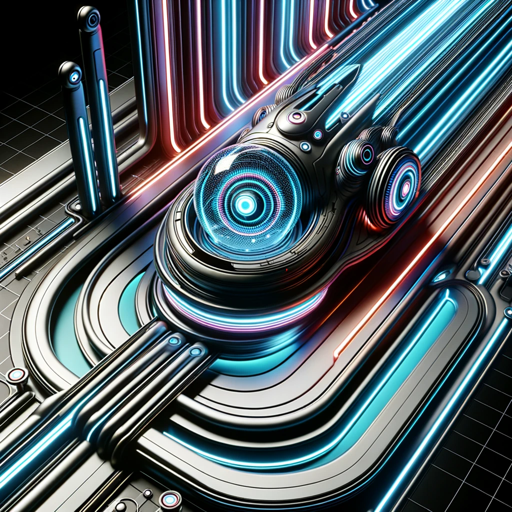6 GPTs for Structural Integrity Powered by AI for Free of 2026
AI GPTs for Structural Integrity refer to specialized applications of Generative Pre-trained Transformers tailored to the field of structural engineering and integrity assessment. These tools leverage AI to analyze, predict, and optimize the structural health of buildings, bridges, and other constructions. They are designed to process vast amounts of data, from textual reports to sensor data, providing insights that support maintenance, design, and safety decisions. By harnessing the power of GPTs, these tools offer precise, real-time analysis, making them indispensable for ensuring the longevity and reliability of infrastructures.
Top 6 GPTs for Structural Integrity are: CAE Simulation Expert-Ansys|Fluent|LS-DYNA|Abaqus,Corrosion Protection Expert,Carpentry Mate,OptimaPrint Excellence,Snow Load,Boligtjekker 🏠 | SimFonX
CAE Simulation Expert-Ansys|Fluent|LS-DYNA|Abaqus
Powering Engineering Insights with AI

Corrosion Protection Expert
AI-Powered Corrosion Protection Insights

Carpentry Mate
Streamlining Carpentry with AI-Powered Precision

OptimaPrint Excellence
Empowering your designs with AI precision.

Snow Load
Elevating Roof Safety with AI

Boligtjekker 🏠 | SimFonX
Navigating Property Risks with AI

Key Attributes and Functions
AI GPTs for Structural Integrity boast a range of unique features tailored to the field. These include advanced data analysis for predicting structural failures, language understanding for interpreting technical documents, and image recognition capabilities for assessing visual data. Their adaptability allows for applications ranging from simple condition monitoring to complex predictive maintenance strategies. Specialized features may include integration with IoT devices for real-time data collection, machine learning models for anomaly detection, and custom API support for extending functionality into existing software ecosystems.
Who Benefits from Structural Integrity GPTs
These AI GPT tools serve a diverse audience, including structural engineers, safety inspectors, construction managers, and researchers in the field of civil engineering. They are accessible to novices, offering intuitive interfaces and guidance for those without coding skills, while also providing robust customization options for developers and professionals. This dual approach ensures that users at all levels can leverage the tools for their specific needs, from routine inspections to advanced structural analysis and design optimization.
Try Our other AI GPTs tools for Free
Preventive Maintenance
Discover how AI GPTs for Preventive Maintenance leverage machine learning and natural language processing to predict equipment failures, offering a proactive approach to maintenance management.
Performance Check
Discover AI GPTs for Performance Check, AI-driven tools tailored to optimize performance evaluations with predictive analytics, real-time data analysis, and insightful reporting.
Component Lifespan
Discover how AI GPTs for Component Lifespan revolutionize the management of component durability, offering predictive insights and tailored solutions for diverse industries.
Art Recreation
Explore the intersection of AI and art with GPTs for Art Recreation: a tool designed for artists, educators, and enthusiasts alike, revolutionizing the way we create, study, and appreciate art.
SDK Integration
Discover how AI GPTs for SDK Integration can transform your app development, offering tailored AI solutions to enhance user engagement and streamline workflows.
Party Tips
Discover how AI GPTs for Party Tips revolutionize event planning with personalized advice, creative ideas, and seamless execution, making your next party unforgettable.
Expanding Horizons with GPTs
AI GPTs for Structural Integrity are at the forefront of technological innovation in engineering, offering solutions that are not only effective but also increasingly necessary. Their adaptability to different data sources and ability to provide actionable insights make them an invaluable asset. With ongoing advancements, these tools are set to revolutionize how we approach structural health, making infrastructures safer and more reliable.
Frequently Asked Questions
What exactly are AI GPTs for Structural Integrity?
AI GPTs for Structural Integrity are advanced AI tools specifically designed to analyze, monitor, and optimize the structural health and integrity of various constructions using the capabilities of Generative Pre-trained Transformers.
How do these tools process data?
They process data through advanced algorithms capable of analyzing textual reports, sensor data, images, and other forms of input to provide insights on structural health, predict potential failures, and suggest maintenance actions.
Can non-experts use these tools effectively?
Yes, these tools are designed with user-friendly interfaces that guide non-experts through the analysis process, making advanced structural integrity assessments accessible to a wider audience.
What customization options are available for developers?
Developers can access custom APIs, integrate the tools with existing systems, and use programming interfaces to tailor the functionality to specific projects or research needs.
How do these tools integrate with IoT devices?
They can connect to IoT devices for real-time data collection, allowing for continuous monitoring of structural conditions and immediate detection of anomalies.
Can these tools predict structural failures?
Yes, through machine learning models and data analysis, these tools can predict potential structural failures, enabling preemptive maintenance and safety measures.
Are there image recognition capabilities?
Yes, some tools include image recognition capabilities for analyzing visual data, such as cracks or corrosion, to assess structural integrity.
What makes AI GPTs for Structural Integrity unique?
Their ability to integrate diverse data types, advanced predictive analytics, and user-friendly interfaces, combined with customization options, make them uniquely suited for the complex challenges of structural integrity assessment.